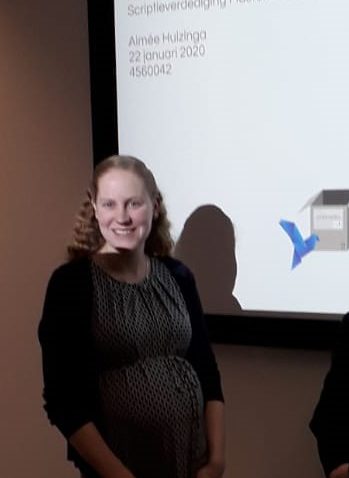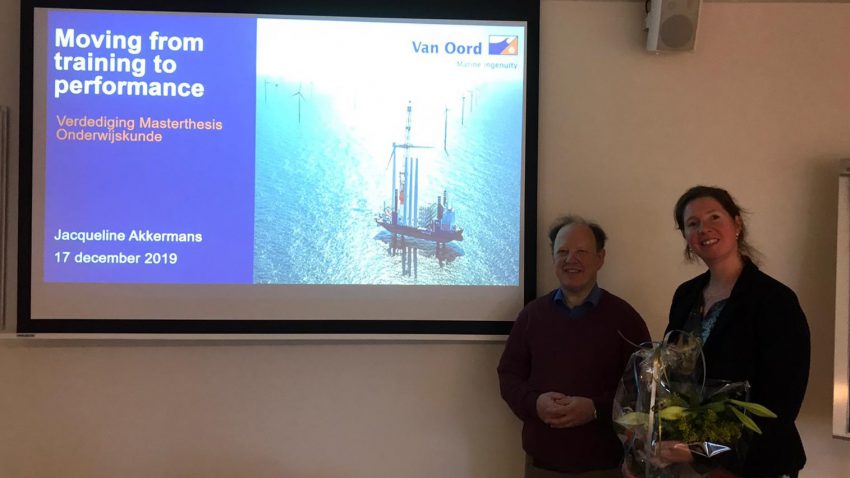Dear website visitor,
In my previous post I was saying that I would refrain from further actions in the new LinkedIn network Competence Studies because of the COVID-19 pandemic. Now, since the situation has aggravated, we can say this seemed to prudent.
It seems that the disruptive pandemic will take much longer than we may have expected. It also pushes us even further in the direction of online communication, if we like it or not.
In the midst of the current circumstances, I am glad to share we are now with 60 members in the network Competence Studies. It is very rewarding to know that quite a few top scholars in the field have accepted the invitation to join. Thanks a lot! Later I will shortly introduce members to the network, so that all of us know who we are.
At this moment I would like to share that I came across The Journal of Competency-Based Education, which is published by Western Governors University and Wiley. The first issue of the journal was published in April 2016 and the journal is currently in Volume 5; Issue 5(1) is published in February 2020. Maybe I am the last one to learn about the existence of the journal, maybe not. I have not yet looked at its indexing yet, so I can’t say anything about the impact of the journal. But it seems to be worthwhile to explore it.
Interested in joining the Competence Studies Network? Create an account on LinkedIn if you don’t have one, and search for the network Competence Studies, and apply to become a member (for free). Alternatively: send me an email at martin.mulder@wur.nl. Thanks.
Wishing you all good health,
Martin


